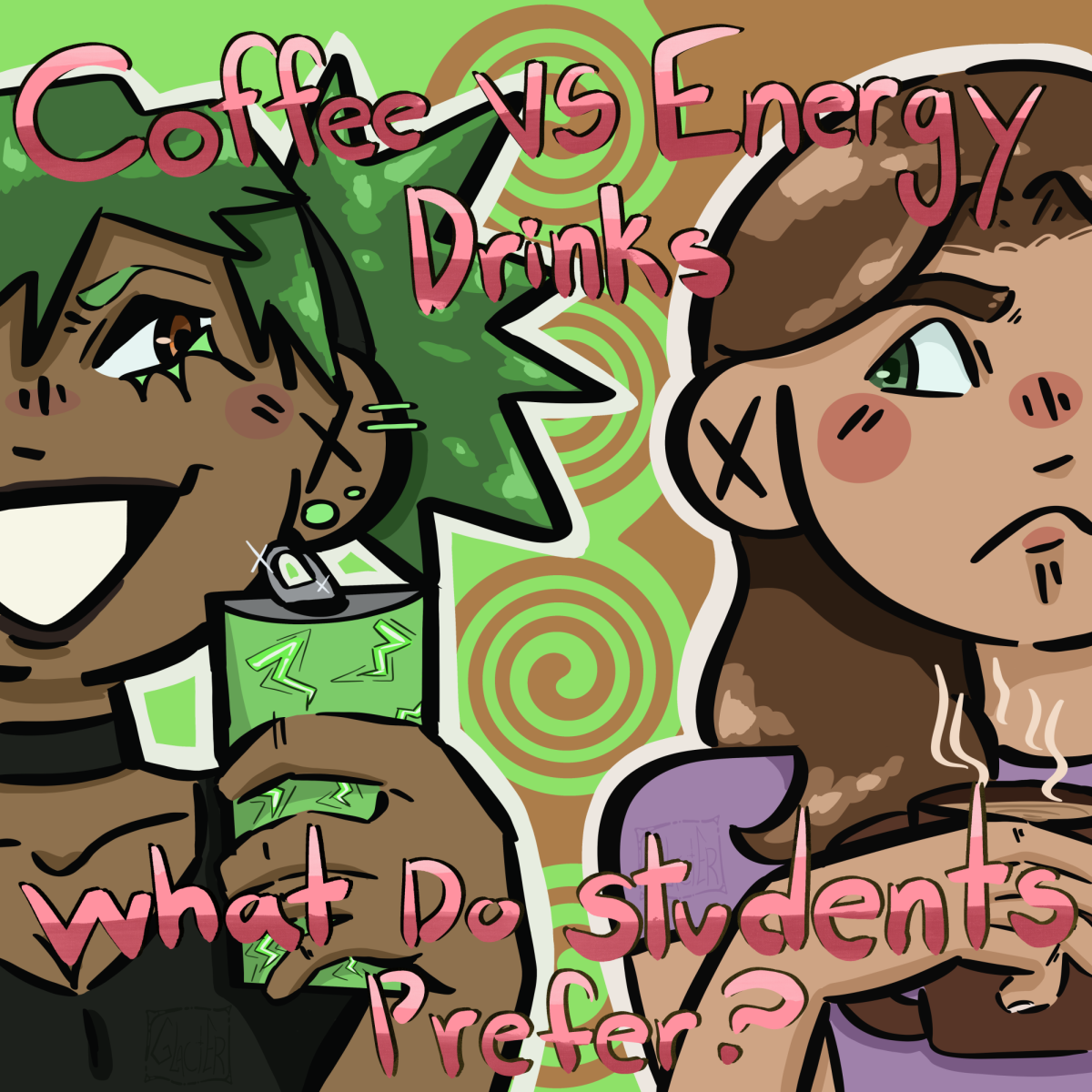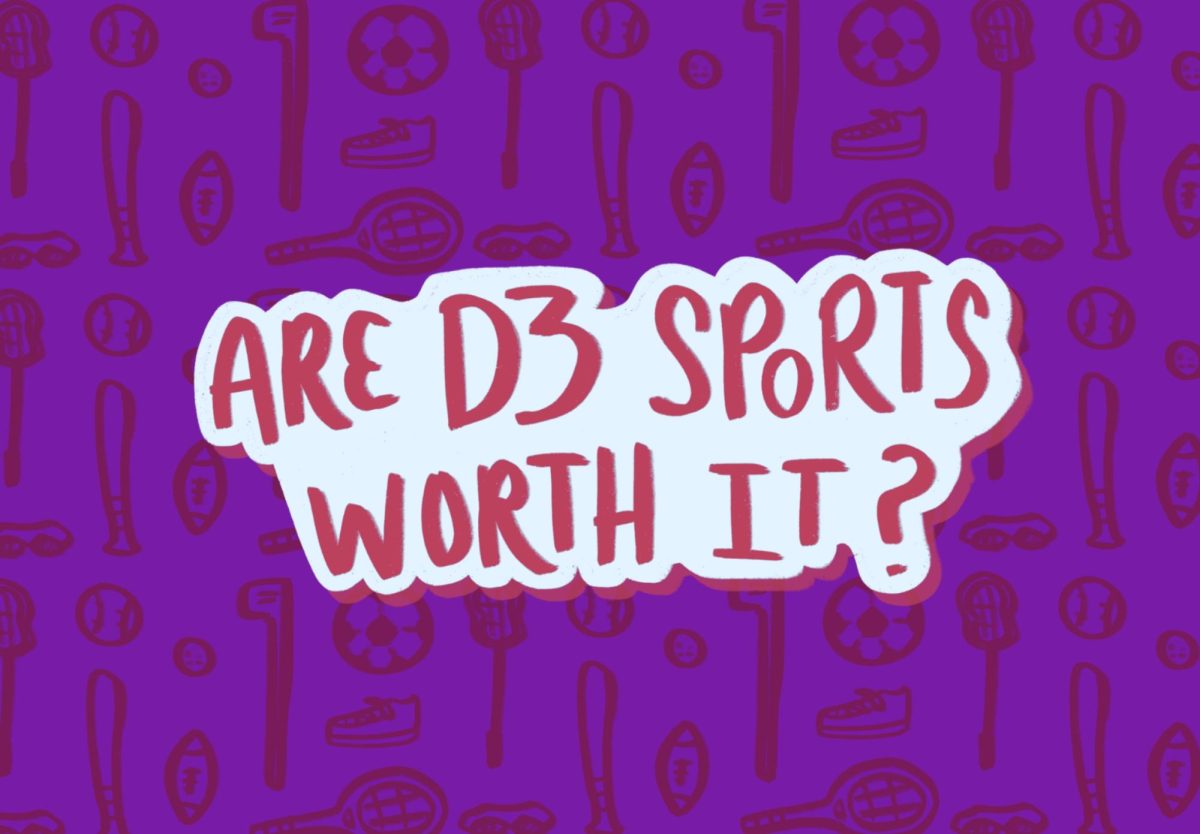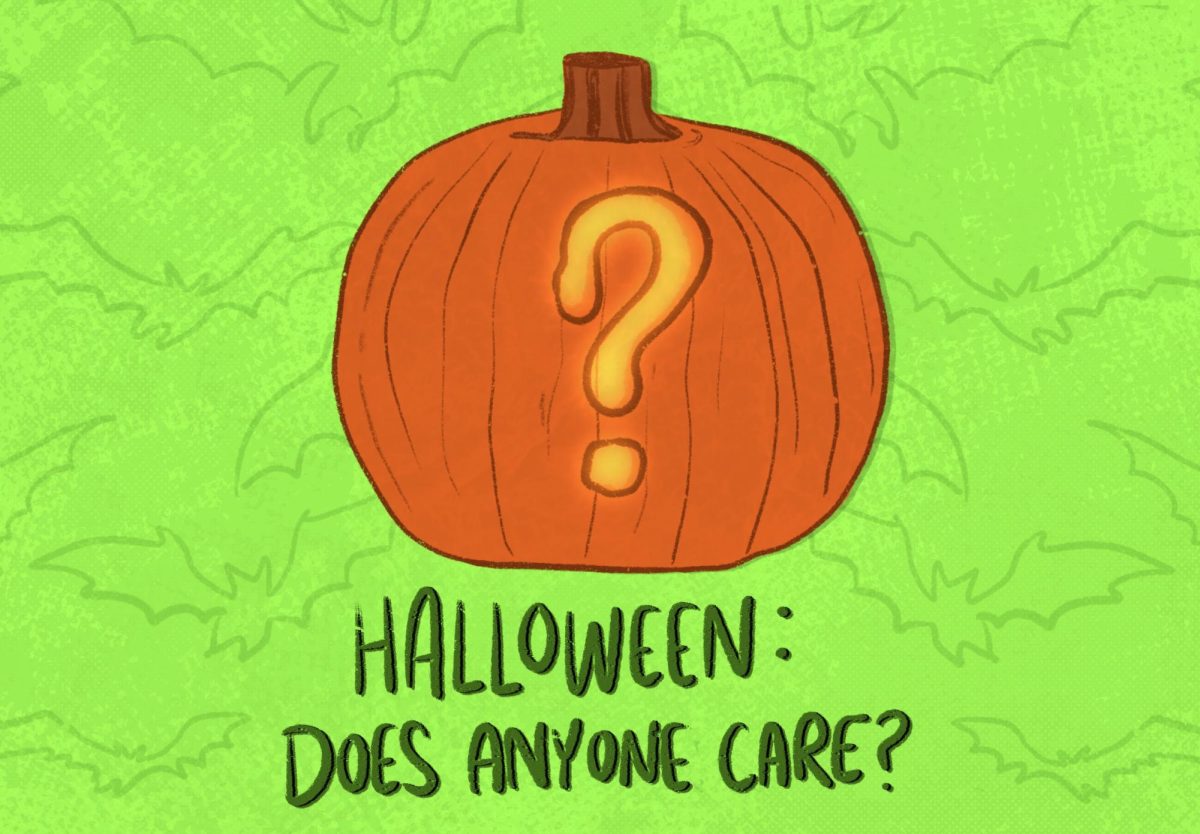October may be one of the most outstanding months out of the year. It has Halloween with tons of candy and dressing up, and it is Breast Cancer Awareness Month.
In addition to these, October is also Domestic Violence Awareness Month. Domestic violence is, according to the National Domestic Violence Hotline and the Domestic Violence Awareness Project, “a pattern of abusive behaviors including physical, sexual and psychological attacks as well as economic coercion used by one intimate partner against another (adult or adolescent) to gain, maintain, or regain power and control in the relationship.”
Domestic violence doesn’t happen to only a specific group of people. It can happen to anyone, especially if you don’t know what classifies domestic violence.
The article “Domestic Abuse Can be Subtly Sinister” on OregonLive.com reports that in November 2009, 14 people, six of whom were abusers who committed suicide, died from domestic violence.
Most people understand what a physically abusive relationship entails, but the emotional, sexual and economical abuses are not always so obvious. Signs of emotional abuse are much harder for people outside the relationship to notice.
The most telling signs are when the abusive partner tries to isolate his or her partner, monitors his or her calls or contacts and acts overly possessive. Sometimes the abuser will threaten to kill themselves if the victim leaves.
Economical abuse (whichI never would have thought of until doing the research) is a form of abuse that is also easily hidden.
In this case, Finances are taken over by the supposed abusive partner and an allowance is given to the victim. This doesn’t mean that one person paying the bills and keeping track of finances is abusive. That is financial responsibility and can save money for the couple. Abuse occurs when one partner takes all the money, spends it and gives his or her partner little money for necessities.
Sexual abuse is not easy to spot. Besides rape, sexualabuse can include beingguilty or pressured to have sex when one doesn’t want to, ignoring a partner’s feelings about sex or insulting a partner in a sexual manner.
Frequently, abuse will happen to women, and they will not be aware of it or won’t accept that it has happened. Many women may think that violence against women is the norm and that it is OK once in a while. But it is not OK for these women, and it is hard for them to change their views on treatment, especially when they have been in an abusive situation for a long time.
If you think that you or someone you know is in an abusive relationship, please go to either the Domestic Violence Awareness Project at dvam.vawnet.org or the National Domestic Violence Hotline at www.thehotline.org or call 1-800-799-SAFE.
Remember: It is never the victims’ fault; it is the fault of the abuser.
Make sure that you and your friends are aware of the signs of abuse in a relationship.
It is important to be safe in your college relationships. This is the beginning of your adult life.
E-mail your questions to Bailey at [email protected].






